

Dangote laments loss of $90bn Annually to Imported Substandard Fuel
PRESS RELEASE
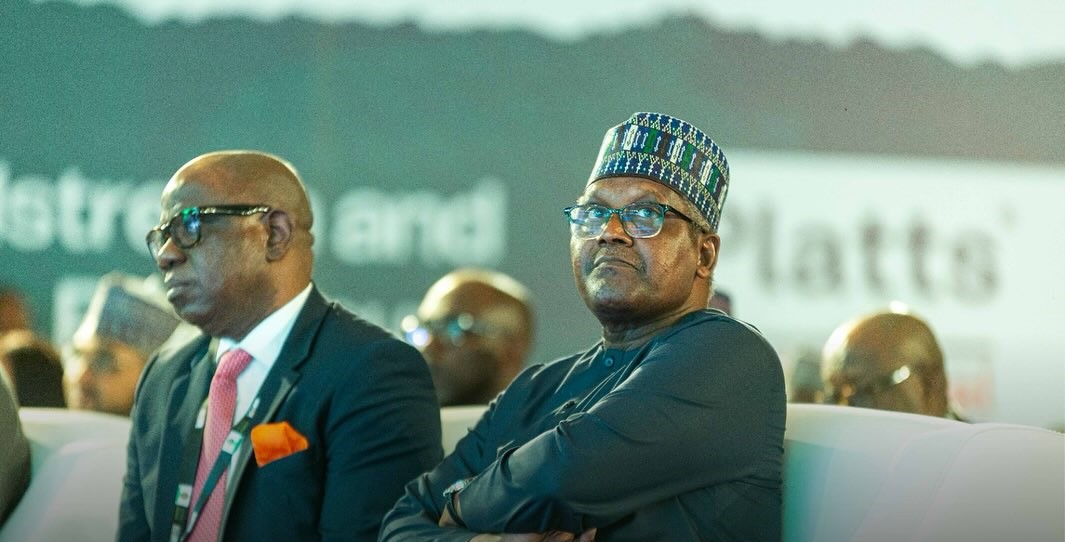 President, Dangote Refinery, Aliko Dangote and GCEO of NNPCL, Bayo Ojulari
President, Dangote Refinery, Aliko Dangote and GCEO of NNPCL, Bayo Ojulari
Africa is increasingly becoming a Destination for cheap, often
toxic Petroleum Products — many of which are blended to Substandard Levels that
would not be permitted in Europe or North America.
This concern was raised by the President/Chief Executive, Dangote Industries Limited, Aliko Dangote, during the ongoing West African Refined Fuel Conference held in Abuja.
The Event is organised by the Nigerian Midstream and Downstream
Petroleum Regulatory Authority (NMDPRA) and S&P Global Commodity Insights.
Dangote revealed that, due to the Continent’s limited Domestic
Refining Capacity, Africa imports over 120 million tonnes of Refined Petroleum
Products Annually, at a Cost of approximately $90bn.
While appreciating the Management of the Nigerian National
Petroleum Company Limited (NNPC), for making some Cargoes of Nigerian Crude
available to Dangote Refinery from start of Production to date, he revealed
that the Company, monthly imports between 9-10 million Barrels of Crude from
the United States of America and other Countries. He said: “As we speak today,
we buy 9 – 10 million Barrels of Crude monthly from US and other Countries. I
must thank NNPC for making some Cargoes of Nigerian Crude available to us from
start of Production to date.”
Dangote further stated that despite producing around 7 million
Barrels of Crude Oil per day, Africa only refines about 40% of its 4.3 million
Barrels Daily Consumption of Refined Products Domestically. In stark contrast,
Europe and Asia refine over 95% of what they consume.
“So, while we produce plenty of Crude, we still import over 120
million tonnes of Refined Petroleum Products each year, effectively exporting
Jobs and Importing Poverty into our Continent. That’s a $90bn Market
opportunity being captured by Regions with Surplus Refining Capacity. To put
this in perspective: only about 15% of African Countries have a GDP greater
than $90bn. We are effectively handing over an entire Continent’s Economic
Potential to others—year after year,” he said.
While reaffirming his belief in the Power of Free Markets and
International Cooperation, Dangote emphasised that Trade must be grounded in
Economic Efficiency and Comparative Advantage — not at the expense of Quality
or Safety Standards.
He stressed that, “it defies Logic and Economic Sense for Africa
to be exporting Raw Crude only to Re-import Refined Products—Products we are
more than capable of producing ourselves, closer to both Source and
Consumption.”
Reflecting on the experience of delivering the World’s Largest
Single-Train Refinery, Dangote also highlighted a range of Challenges faced,
including Technical, Commercial, and Contextual Hurdles unique to the African
Landscape.
Africa’s Wealthiest Man described building Refineries such as
the Dangote Petroleum Refinery as one of the most Capital-Intensive and
Logistically Complex Industrial Facilities ever constructed. The Dangote
Refinery Project, he said, required clearing 2,735 Hectares of Land (seven
times the Size of Victoria Island), of which 70% was swampy, requiring the
pumping of 65 million cubic metres of Sand to stabilise the Site and raise it
by 1.5 metres, over 250,000 Foundation Piles, and millions of metres of Piping,
Cabling, and Electrical Wiring among others.
“At peak, we had over 67,000 People On-Site of which 50,000 are
Nigerians, coordinating around the clock across hundreds of Disciplines and
Nationalities. Then, of course, came the COVID-19 Pandemic which set us back by
two years and brought new levels of Complexity, Disruption, and Risk. But we
persevered,” he noted.
The Refinery also required the construction of a dedicated
Seaport, as existing Nigerian Ports could not handle the Size and Volume of
Equipment required. This includes over 2,500 pieces of heavy equipment, 330
Cranes, and even the establishment of the World’s Largest Granite Quarry, with
a Production Capacity of 10 million tonnes per year.
“In short, we didn’t just build a Refinery—we built an Entire
Industrial Ecosystem from scratch,” he said.
Despite the Refinery’s Technical Success, Dangote identified
significant Commercial Challenges, particularly Exchange Rates which have gone
from N156/$ at inception to N1,600/$ at completion, and Challenges around Crude
Oil Sourcing. Although Nigeria is said to produce about 2 million Barrels Per
Day, the Refinery has struggled to secure Crude at Competitive Terms.
“Rather than buying Crude Oil directly from Nigerian Producers
at Competitive Terms, we found ourselves having to negotiate with International
Trading Companies, who were buying Nigerian Crude and reselling it to us—with
hefty Premiums, of course.
Logistics and Regulatory Bottlenecks have also taken a toll.
Port and Regulatory Charges reportedly account for 40% of Total Freight Costs,
sometimes costing two-thirds as much as chartering the Vessel itself.
“Refiners in India, who purchase Crude Oil from Regions even
farther away, enjoy Lower Freight Costs than we do right here in West Africa
because they are not saddled with exorbitant Port Charges,” Dangote said.
He added that, in terms of Port Charges, it is currently more
expensive to load a Domestic Cargo of Petroleum Products from the Dangote
Refinery, as Customers pay both at the Point of Loading and at the Point of
Discharge. In contrast, when they load from Lomé, which competes with them,
they pay only at the Point of Discharge.
Dangote further criticised the lack of harmonised Fuel Standards
across African Nations, which creates Artificial Barriers for Regional Trade in
Refined Products.
“The Fuel we produce for Nigeria cannot be sold in Cameroon or
Ghana or Togo, even though we all drive the same Vehicles. This lack of
harmonisation benefits no one—except, of course, International Traders, who
thrive on Arbitrage. For Local Refiners like us, it fragments the Market and
imposes unnecessary inefficiencies.”
Dangote, stating the Challenge with Diesel Production in Africa,
noted, “to give one example, the Diesel Cloud Point for Nigeria is 4 Degrees.
Without going into the Technical Details, this means that the Diesel should
work at a Temperature of 4 Degrees Centigrade. Achieving this comes at a Cost
to us and limits the Types of Crude we could process. But how many places in
Nigeria experience Temperatures of 4 Degrees? Other African Countries have a
more reasonable range of 7 to 12 Degrees. This is a low hanging fruit which
could be addressed by the Regulators.”
He also cited the growing influx of discounted, Low-Quality Fuel
originating from Russia — blended with Russian Crude under Price Caps and
dumped in African Markets.
“And to make matters worse, we are now facing increasing dumping
of cheap, often toxic, Petroleum Products—some of which are blended to
Substandard Levels that would never be allowed in Europe or North America,” he
said.
Dangote called on African Governments to follow the example of
the United States, Canada, and the European Union, which have implemented
Protective Measures for Domestic Refiners.
Credit Dangote Industries
Limited PR


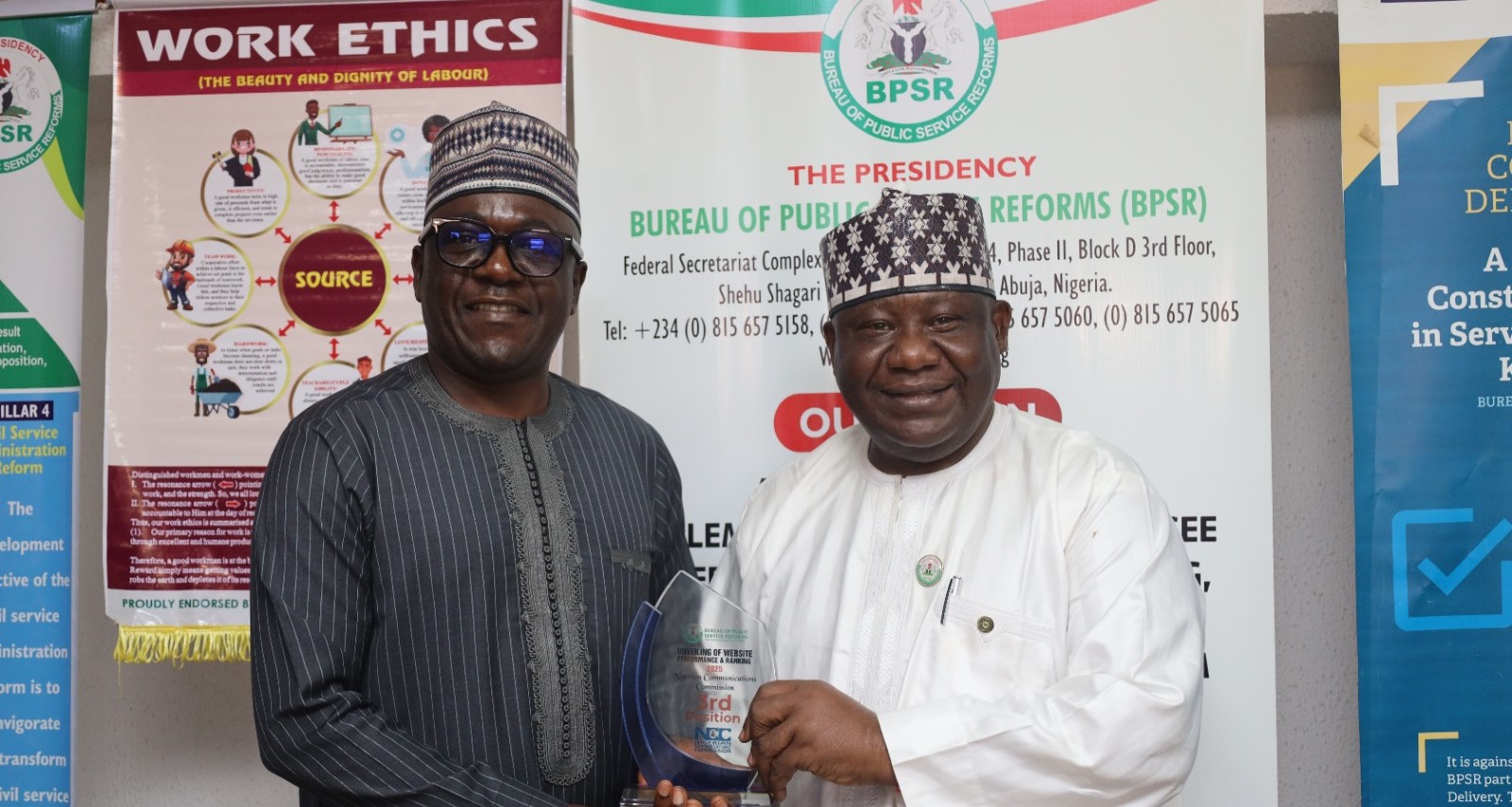

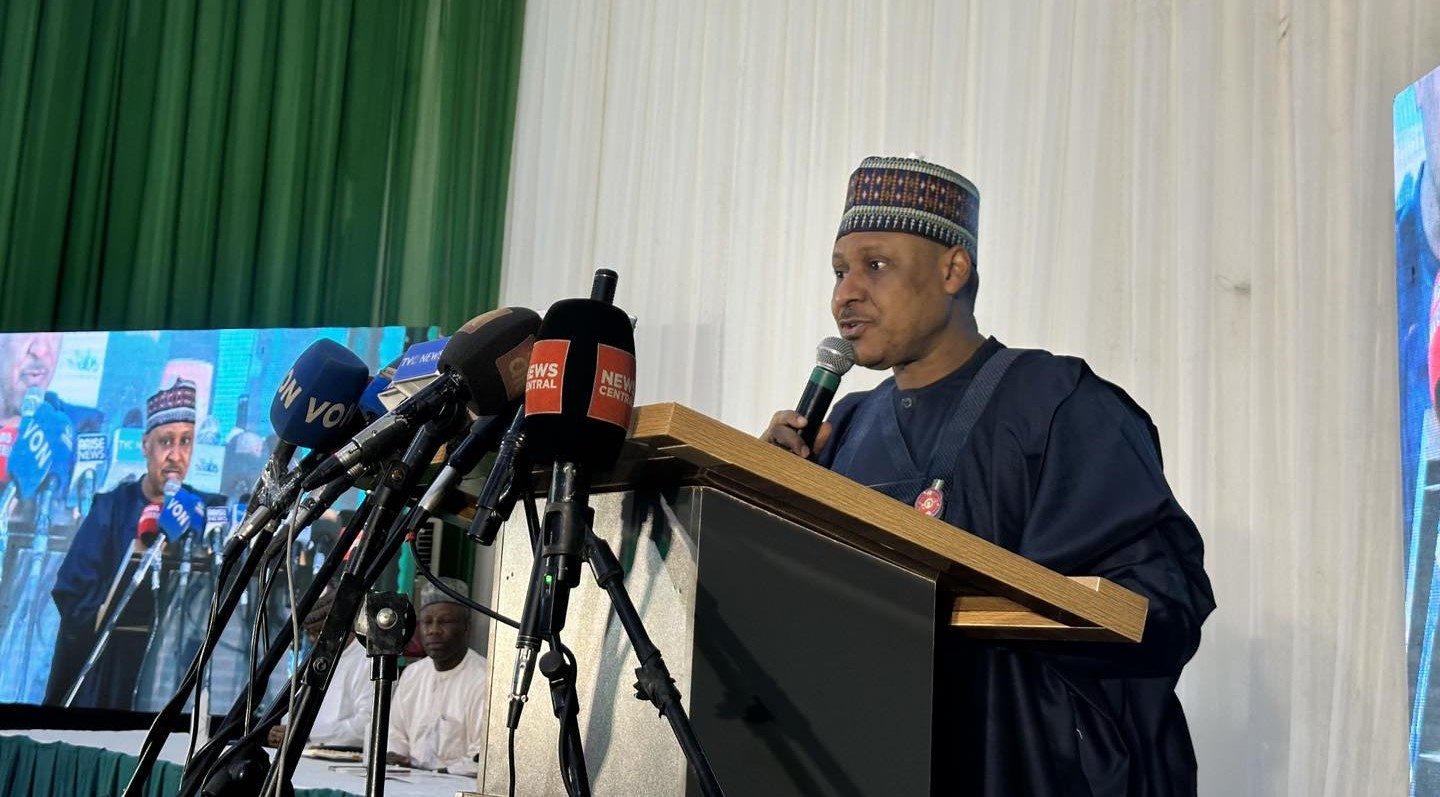
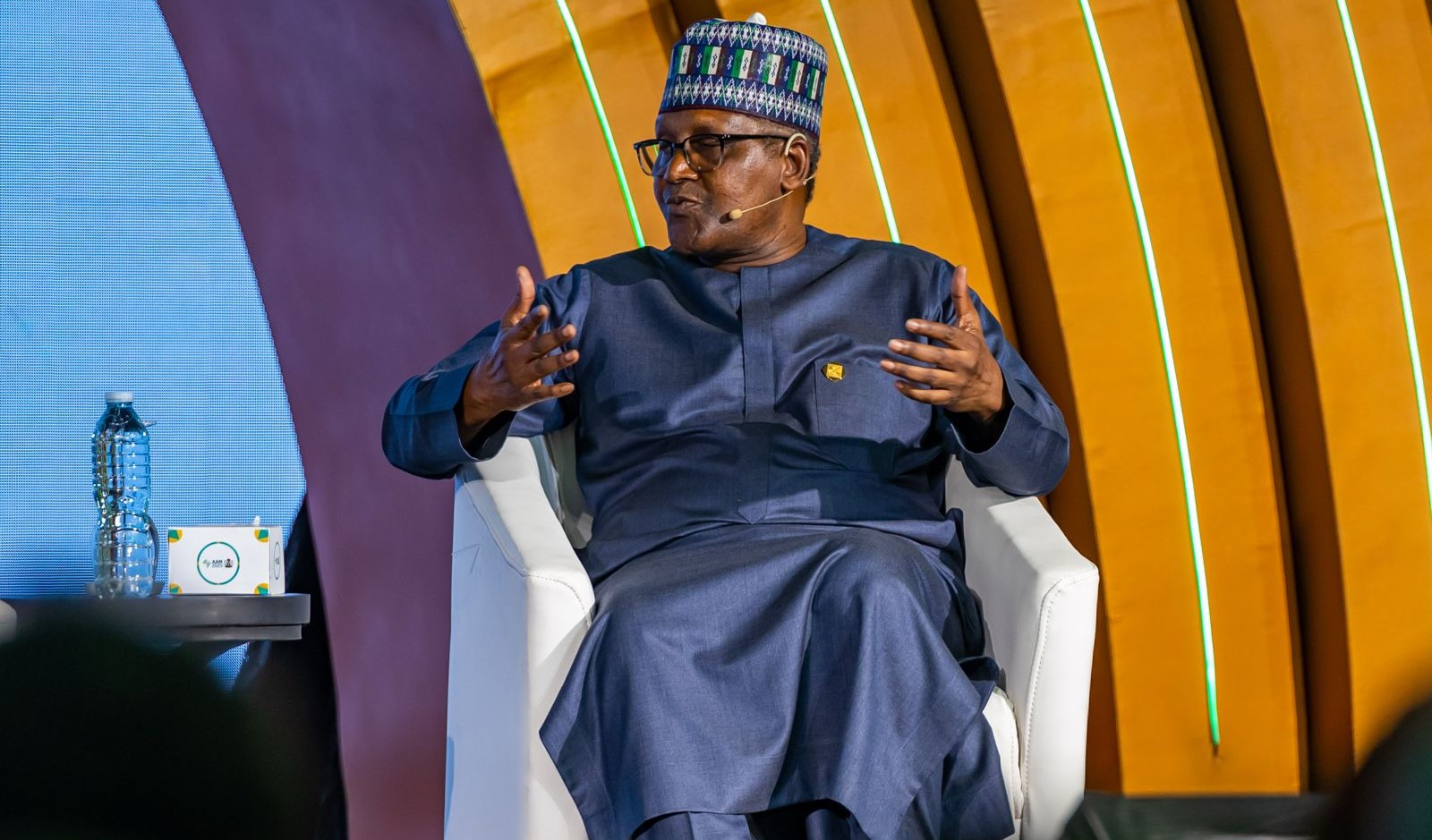
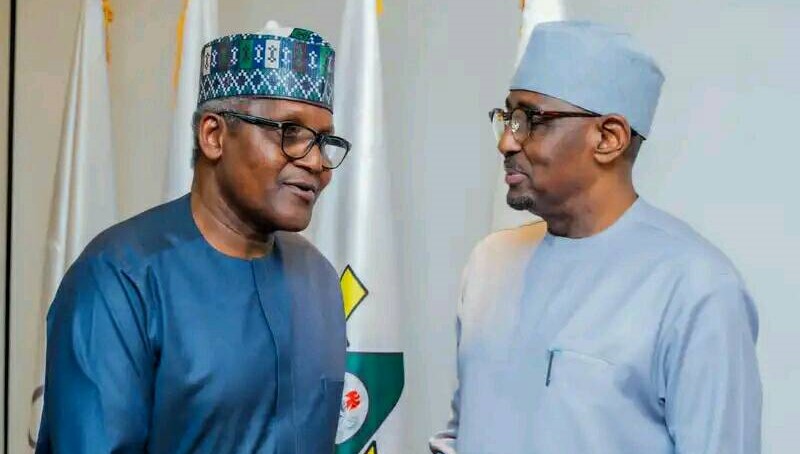
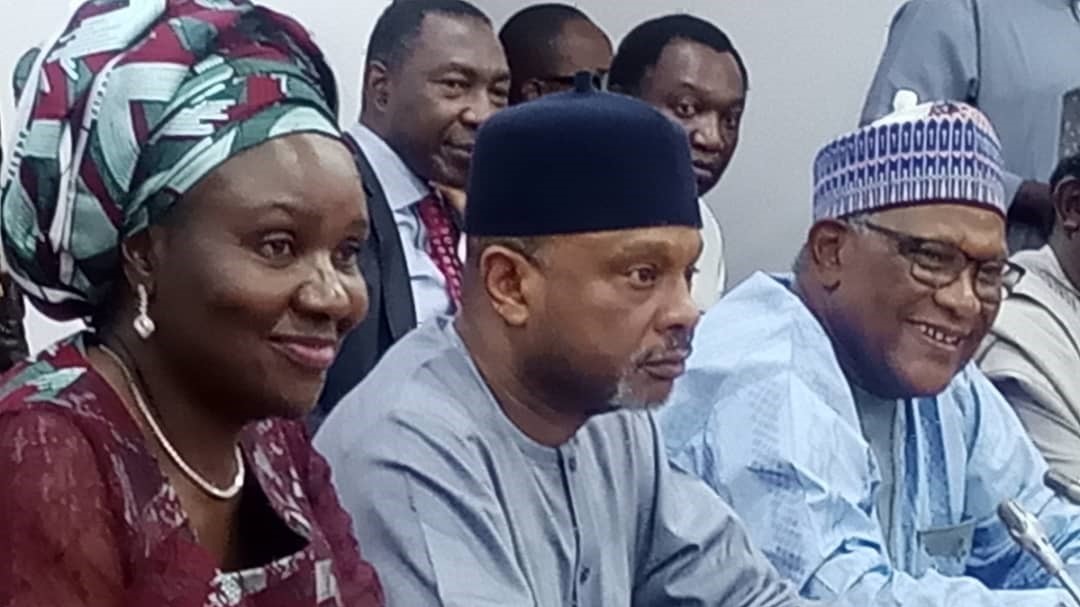
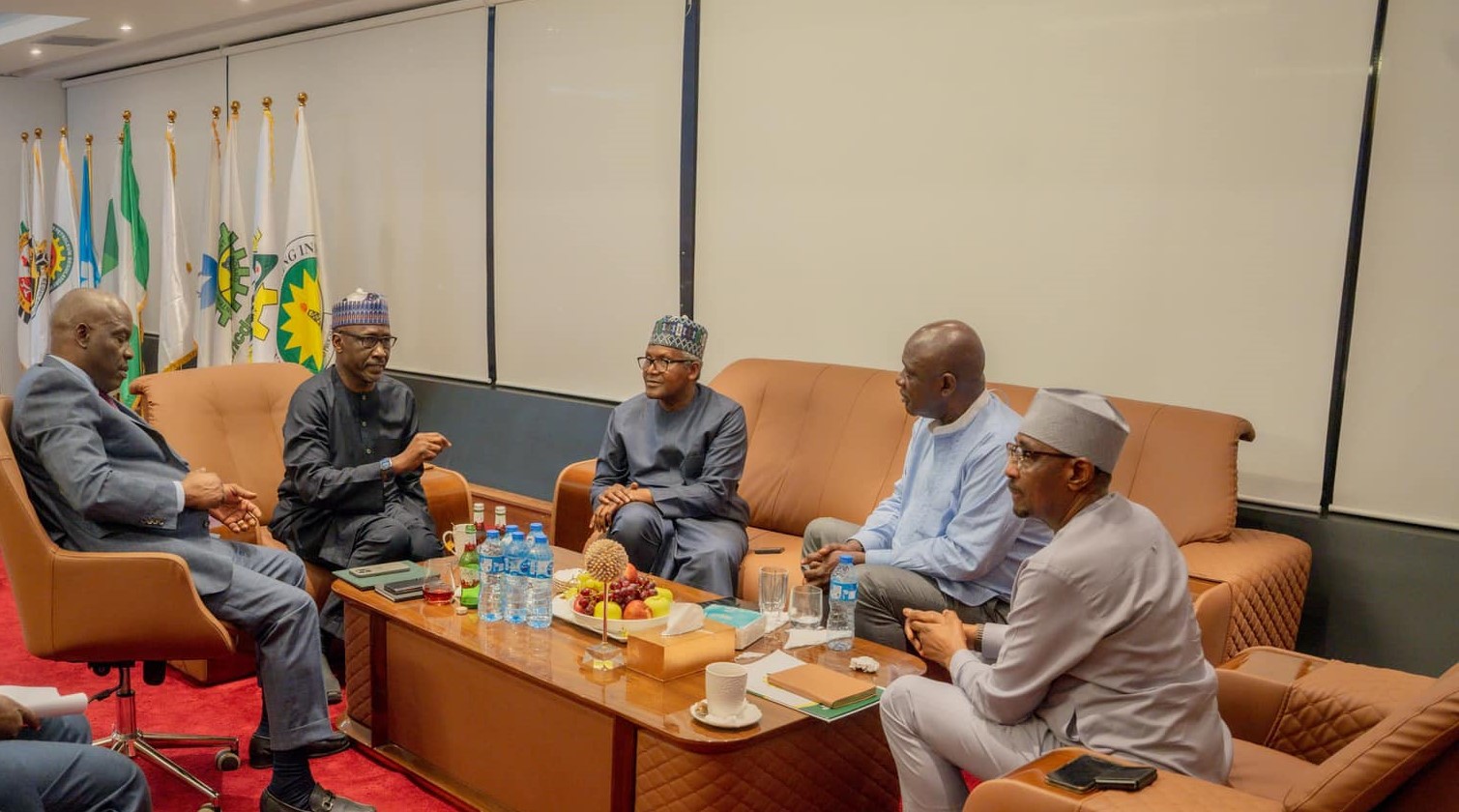
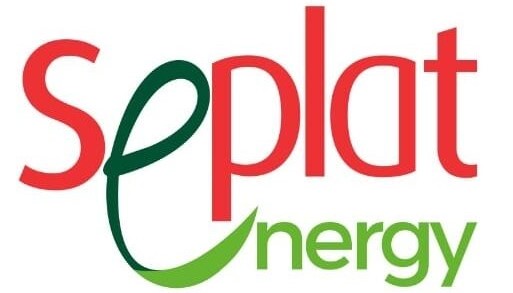
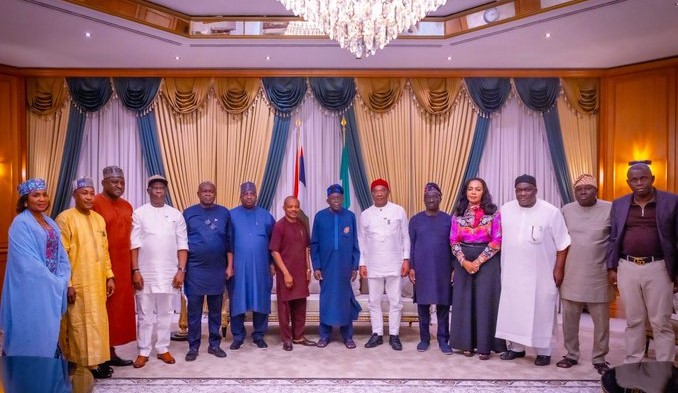
Comments
Be the first to comment on this post
Leave a Reply